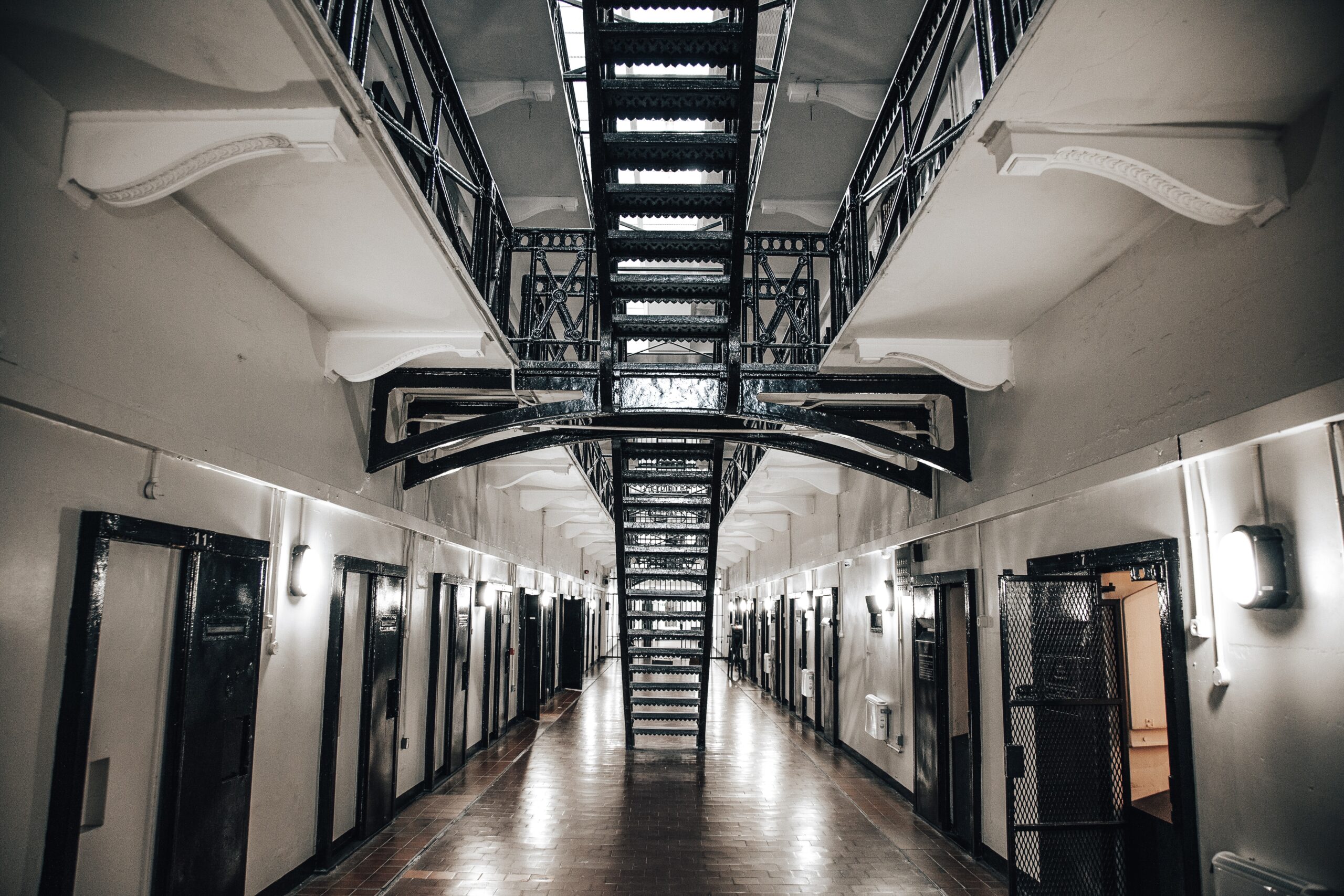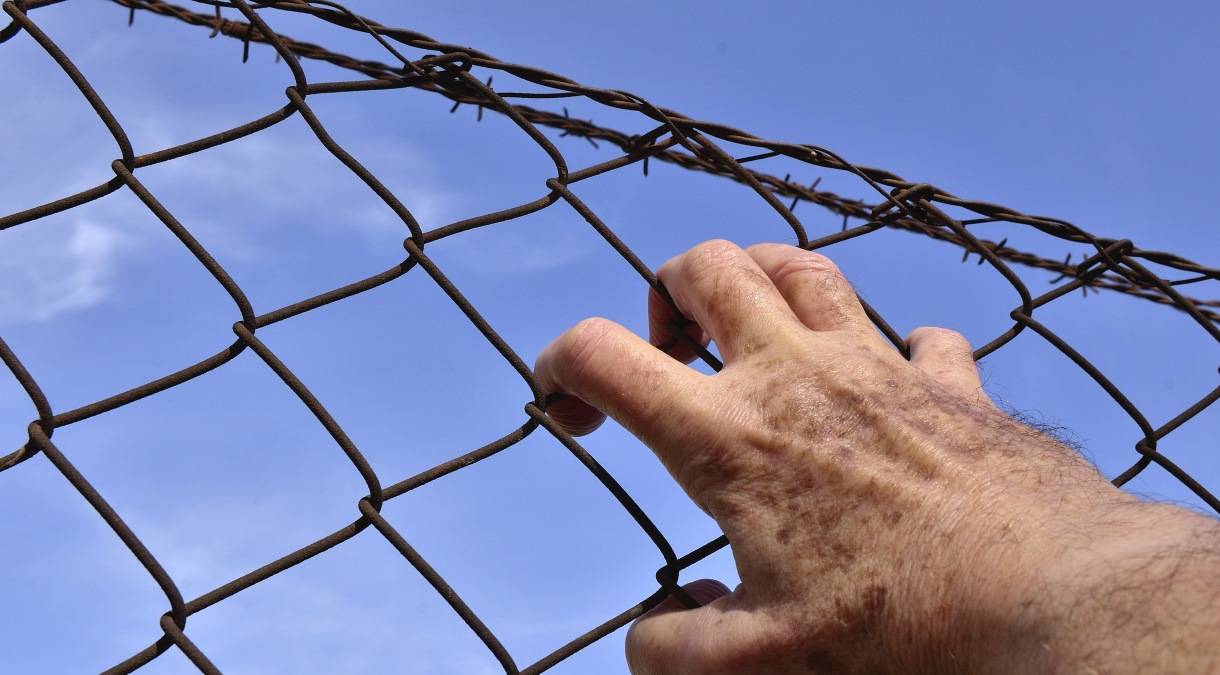The Prosecution of Offences Act 1985 sets limits on the amount of time that a defendant who has been refused bail can be kept in custody before their trial. They are known as custody time limits (“CTLs”). CTL’s can be extended when case is being prepared properly by the prosecutor and there is a good reason. However if there is no good reason or there are serious failures in case progression, then a defendant must be released on bail. CTL’s serve as an important check and brake on the deprivation of liberty of persons awaiting trial and are a fundamental protection against people being held in custody without trial for any more time than is necessary. Under the current CTL regulations a person awaiting trial in the Crown Court can only be kept in custody for a maximum of 182 days after they have been sent for trial and 112 days if there has been a Voluntary Bill of Indictment or where the Court of Appeal has referred a case back to the Crown Court for a retrial.
Lord Bingham CJ succinctly summarised the reasons for limiting the period of time that a defendant can be held on remand in R v Manchester Crown Court, ex p Macdonald [1999] 1 WLR 841. He stated that to keep a person in custody indefinitely prior to trial would:
manifestly afford inadequate protection to unconvicted defendants, since a person could […] be held in prison awaiting trial indefinitely, and there would be no obligation on the prosecuting authority to bring him to trial as soon as reasonably possible.
On 23 March 2020, during the early days of the coronavirus pandemic and ensuing lockdown the Lord Chief Justice announced that no new trials would take place until further notice in light of the pandemic. Trials have now resumed but there is a large backlog of cases so that courts are struggling to find listings within the custody time limits.
Now the Government has introduced new regulations that will come into force later this month, that will extend custody time limits in Crown Court cases by a further 56 days in an attempt to prevent people from being released on bail when custody time limits expire and when otherwise judges might find that there is no good reason to extend them or that there have been serious delays in getting them ready.
When can Custody Time Limits be extended?
s.22(3) Prosecution of Offences Act 1985 sets out the test for extending a CTL. It states that the court may, at any time before the expiry of a CTL, extend, or further extend, the CTL, but only if it is satisfied:
(a) That the need for the extension is due to:
i. The illness or absence of the accused, a necessary witness, a judge or a magistrate;
ii. A postponement which is occasioned by the ordering by the court of separate trials in the case of two or more accused or two or more offences; or
iii. Some other good and sufficient cause; and
(b) That the prosecution has acted with all diligence and expedition.
Court Capacity
Long before the pandemic courts have had to grapple with whether the lack of an available court can be a good reason to extend CTL’s under s22(3)(b). The Divisional Court held in Norwich Crown Court, ex parte Cox (1992) 157 JP 593 that, in certain circumstances, lack of a courtroom may be capable of being “good and sufficient cause” for the purposes of extending a CTL.
In Kalonji v Wood Green Crown Court [2007] EWHC 2804 (Admin), the Divisional Court found that exceptional circumstances due to pressures on the court were capable of being good and sufficient cause for a CTL extension. Where there are real pressures on a Crown Court which are caused by exceptional circumstances, the judge must carefully examine the reasons for those circumstances and the proposed solution so as to reach a judgment as to whether it properly could be said that the reasons claimed are exceptional and whether the steps proposed to alleviate those problems appear to have a prospect of success.
In R (McAulay) v Coventry Crown Court [2012] EWHC 680 (Admin), [2012] 1 WLR 2766, the Divisional Court restated that unavailability of a court could only exceptionally represent a good and sufficient cause. The Court held that court resources must be kept under review, and steps taken to address any shortfall in those resources. Such a shortfall would “rarely, if ever” represent “good and sufficient cause” to justify a CTL extension.
The Protocol
An early attempt to tackle the CTL issues thrown up by the pandemic, came in the form of the “Coronavirus Crisis Protocol for the Effective Handling of Custody Time Limits”, a Protocol agreed between the Courts and The Crown Prosecution Service and published on 7 April 2020. It states that:
“The coronavirus pandemic is an exceptional situation and the adjournment of CTL trials as a consequence of government health advice and of directions made by the Lord Chief Justice amounts to good and sufficient cause to extend the custody time limit”.
The Protocol also states that it “does not override independent judicial discretion and every case must be decided on its own merits”.
The Protocol was considered by the Divisional Court in R (on the application of McKenzie) v Crown Court at Leeds [2020] EWHC 1867 (Admin). In that case the Claimant (who was in custody on remand) sought a judicial review of a judge’s decision to extend his CTL following the publication of the Protocol.The Divisional Court granted permission to apply for judicial review but dismissed the claim. The court held that the Lord Chief Justice’s decision to suspend jury trials was lawful because:
- It was limited to the listing of jury trials for a temporary period in which it was unsafe for them to take place. The Claimant’s trial could not have taken place sooner without risking the health of all those involved. The Claimant’s right to trial by jury remained extant and would be exercised as soon as practicable;
- The judge, having addressed whether there was “good and sufficient cause” to extend the CTL because the safety of those concerned with the trial could not be secured, was entitled to reach the conclusion that he did. His reasoning had not depended on any decision by any other person, including the Lord Chief Justice; and
- The judge had noted the nature of express terms of the Protocol and had not acted in a manner which suggested that he considered his discretion had been fettered in terms of the outcome by the Protocol. The protocol was, in any event, careful not to preclude individual case considerations
Prosecution of Offences (Custody Time Limits) (Coronavirus) (Amendment) Regulations 2020
Last weekend the Government announced the introduction of new Regulations to increase the CTLs in relation to individuals awaiting trial in the Crown Court. The Prosecution of Offences (Custody Time Limits) (Coronavirus) (Amendment) Regulations 2020 were claimed to represent a response to the halting effect that the coronavirus pandemic has had on jury trials in the light of a large backlog of Crown Court cases. The 2020 Regulations amend the Prosecution of Offences (Custody Time Limits) Regulations 1987. Under the 2020 Regulations, the period of time that persons can be held in custody awaiting trial in the Crown Court will be increased by 56 days, from 182 to 238 days for cases sent for trial and from 112 to 168 days for cases where a voluntary bill of indictment has been preferred or a fresh trial ordered by the Court of Appeal.
The 2020 Regulations will come into force on 28 September 2020 and will apply to cases that began on or after that date, and will not have retrospective effect on earlier cases. The 2020 Regulations will cease to have effect on 28 June 2021, after which, the current CTLs will resume, unless the Government seeks to extend them again.
The Lord Chancellor, Robert Buckland QC MP, said:
This temporary extension to custody time limits will keep victims and the public safe, and we should not apologise for making that our priority. At the same time, the measures […] will get the criminal courts system back to where it needs to be – reducing delays and delivering speedier justice for all.
What Robert Buckland did not mention is that custody time limits apply to all defendants, youths and adults alike, and in respect of all types of cases where bail has been refused ,not just cases involving serious allegations of violence, or that regardless of the type of crime or the reason for withholding bail, most defendants awaiting trial are held in our overcrowded remand prisons; or that the extension could lead to innocent people facing lengthy pre-trial periods in custody that might outweigh the length of any sentence that could be handed down if they ended up being convicted after a trial.
On 8 September, HHJ Raynor ruled against an application to extend the CTL for a teenager who had been held in custody awaiting trial for 321 days. He was highly critical of the government’s response to the pandemic with regards to its effect on the criminal justice system, calling it “too little, too late.” He said the government had ‘failed to organise its legal system’ to allow the courts to comply with human rights law by ensuring that trials of defendants remanded in custody are dealt with in a reasonable time. He said that a package of measures announced at the weekend – to allow suspects to be held in custody for up to eight months before trial, install plexi-glass to divide jurors and open eight more extra ‘Nightingale’ courts – have no ‘realistic prospect’ of reducing the backlog of criminal cases.
What Next?
Only time will tell if the Government’s efforts to tackle the backlog will speed up justice. In the meantime many awaiting trial will be in custody for longer periods over the coming months, in crowded conditions that present their own health risks to all those living and working in prisons. Arguments about whether it is appropriate for remand prisoners to have to spend longer in custody due to system delays will rage on. Robust bail packages in some cases may be a way of securing a person’s release before a CTL is due to expire; and defendants coming up to CTL extension applications will be looking very carefully at the reasons given for why an extension is needed so they can decide whether to agree to or oppose the application.





